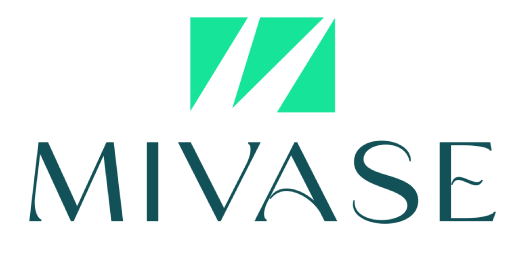We often hear inflation a lot when it comes to economic issues and government actions on money, yet people are not as familiar with the technicalities of this term and how to deal with it.
Inflation is used to describe the increase in the prices of goods and services over time. While a certain level of inflation is considered healthy for the economy, high inflation rates can have a significant impact on your personal finances. In this article, we’ll explore the impact of inflation on your finances and discuss strategies for protecting your purchasing power.
As the prices of goods and services increase, your cost of living will also go up. This means that you’ll need to spend more money to maintain the same standard of living. This can be particularly challenging for those on fixed incomes or with limited financial resources. Inflation can also impact your investments. As the cost of living increases, the value of your investments may decrease in real terms. For example, if your investments are earning a 5% return but inflation is running at 6%, your real return is actually negative. Inflation can also impact your debt. While inflation can make it easier to pay off debt in nominal terms, it can also increase the real cost of your debt. For example, if you have a fixed-rate mortgage at 3%, but inflation is running at 4%, the real cost of your mortgage is actually 1%.
While inflation can be challenging to manage, there are strategies that you can use to protect your purchasing power. One way to protect your purchasing power is to invest in inflation-protected securities. These are bonds or other securities that are indexed to inflation, so their value increases along with the cost of living. Another way to protect your purchasing power is to diversify your investments. By spreading your investments across a range of asset classes, you can reduce your exposure to any one market or sector and potentially minimize the impact of inflation. If you’re on a fixed income or have limited financial resources, adjusting your budget can be a helpful strategy for managing the impact of inflation. This may involve cutting back on non-essential expenses or finding ways to reduce your cost of living. If you’re employed, consider negotiating a cost-of-living adjustment with your employer. This can help ensure that your salary keeps pace with the cost of living and protects your purchasing power over time.
With the rising instability in many economies, it is necessary to be updated on information regarding inflation and constantly educate yourself on how to survive it and maintain a decent lifestyle.


